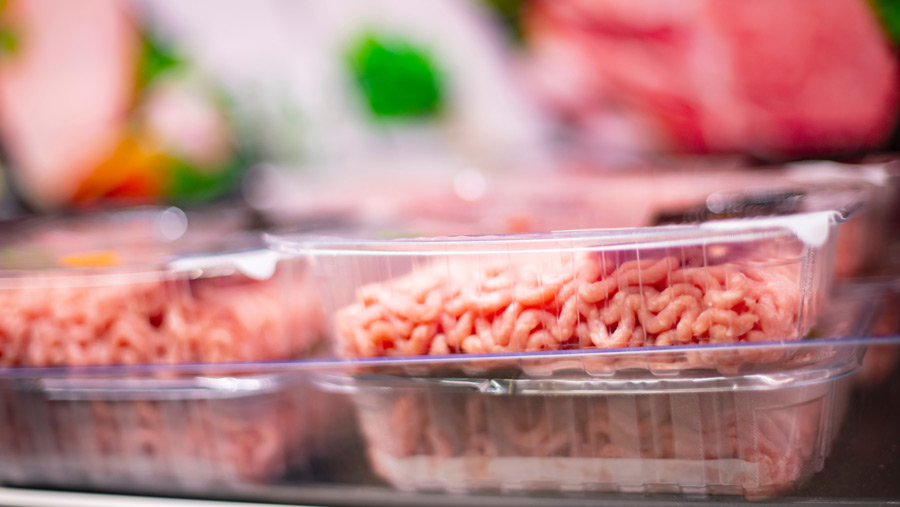Editor’s view: Meat trade duping us daily and that must end
 © Adobe Stock
© Adobe Stock This week’s leading story on food fraud and food safety violations is the most important piece published by Farmers Weekly in my time so far as editor.
Meat processing firms have been relabelling tonnes of imported meat as British on a weekly basis over many years, according to credible allegations from multiple whistleblowers.
See also: Exclusive: Mass food fraud and safety scandal engulfs sector
That processor demand for home-grown product is being artificially stifled precisely at a time when most pork producers have been enduring enormous financial pressures should shock and anger all farmers, not just those directly affected.
Further claims about vital food safety rules being flouted should equally shock and anger the purchasers of these meat products – which include many of the UK’s biggest retailers, ready-meal manufacturers and the public sector – as well as the end consumer.
While the focus of deputy editor Abi Kay’s investigation so far has centred on one firm, which cannot be named for legal reasons, the failings that have permitted these alleged actions are not unique to that business.
Auditors, despite being able to arrive unannounced and virtually march their way onto a factory floor, are being waylaid for precious minutes with no bigger bribe than a cup of tea while incriminating evidence is squirrelled away.
And unsophisticated paper records present a multitude of opportunities for bad actors to cynically alter them to show whatever to be shown.
If it can happen in one business, it can happen in them all. These are businesses under extreme financial pressure, operating on wafer-thin margins – presenting a huge financial incentive to cut corners.
No faith in status quo
Highlighting issues that bring the credibility of the food chain into disrepute is not something Farmers Weekly does lightly, but farmers and consumers alike will find it difficult to conclude that they can have faith in the status quo in light of this week’s revelations.
Our most loyal and valuable customers – those who actively choose to buy British – are being duped and it is vital that a more robust regulatory system is put in place to end this practice.
When trade deals are being signed that will allow the flow of imports into the country ever more easily, it is essential that the provenance of home-grown produce is stronger than ever.
We cannot and should not be able to compel consumers to only buy British, but there must be an ironclad certainty that when they choose to do so they can be certain they are getting the real deal.
And as for the almost unbelievable fact that it is possible to fake vital food safety tests – such as those for listeria and E coli – it does not even need reasserting why this cannot be permitted to continue.
The real reputational risk here is not to any particular meat processing business but to the supermarkets and other brands that buy these products, and the onus will be on them to drive standards higher.
There is no need for legislative change – simply for buyers to study exactly how they are currently having the wool pulled over their eyes and to put in place a better auditing system that closes these loopholes.
They must also work more closely with regulators to better share intelligence about businesses that they suspect of wrongdoing, but lack the power to investigate further.
Failure to take these actions will leave the lion’s share of the blame at their door the next time a food fraud or safety scandal erupts. Ignorance can no longer be a defence.

